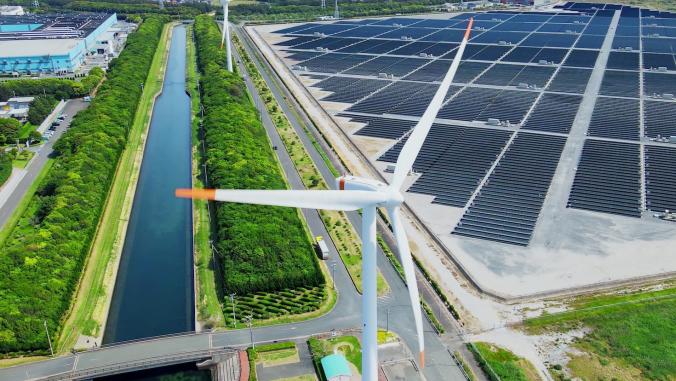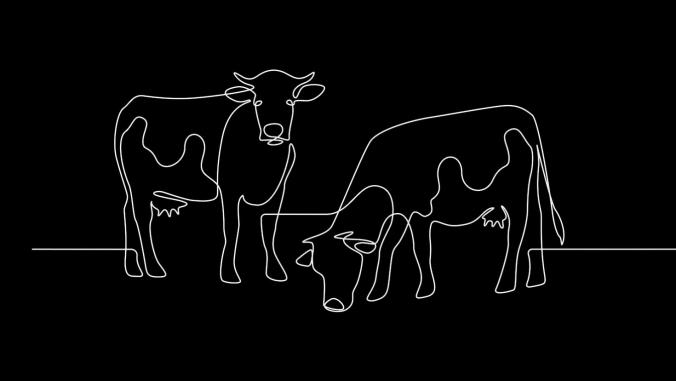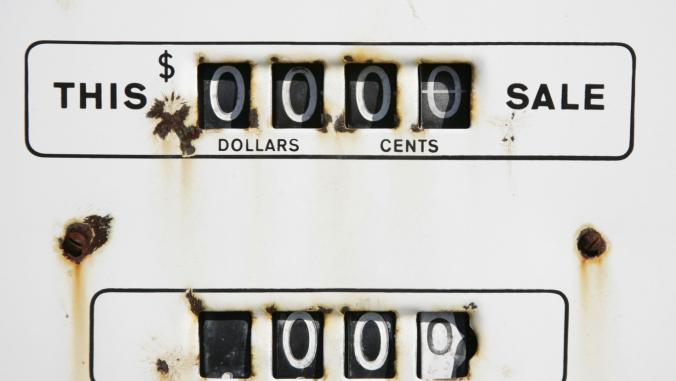Mitsubishi, Olam, Wilmar lead alliance to boost green farming
The Global Agri-Business Alliance aims to tackle food security, supply chain issues and sustainable agriculture .

A group of 36 leading agricultural businesses have joined together to launch the Global Agri-business Alliance (GAA) to tackle environmental challenges in farming supply chains and communities around the world.
Launched this week in Singapore, the CEO-led private sector initiative is seeking to "contribute significantly" to the U.N. Sustainable Development Goals (SDGs), particularly with regards to the second SDG on tackling hunger, nutrition, food security and sustainable agriculture.
Members of the new GAA include companies from Africa, Asia, Australia, U.S. and South America and are involved in the production of a range of commodities including grains, dairy, edible nuts, edible oils, palm oil, pulses, rubber, sugar and agro-chemicals.
Companies including the U.K.'s Besana Group as well as giants such as the Mitsubishi Corporation, Olam International and Wilmar International have joined as founding members.
"Members will collaborate to improve rural livelihoods and working conditions, mitigate climate risks and manage natural capital sustainably at the landscape level," the GAA said in a statement. "This powerful combination will greatly improve food and nutrition security globally."
In providing food and raw materials, the agricultural sector employs more than 2 billion people around the world, according to the GAA, which stated bringing together a diverse range of agricultural companies places it in a unique position to influence supply chain operations and the stewardship of natural resources.
We know the SDGs cannot be achieved without business.
GAA said its members were involved in operations across the agricultural supply chain and included growers, producers, traders, fertilizer suppliers and agri-tech developers.
Paul Polman, Unilever CEO and member of the SDG Advocacy Group, welcomed the launch of the GAA as a "major step in aligning this critical sector behind the SDGs."
"We know the SDGs cannot be achieved without business, and we must all go beyond our own individual supply chains towards broader sector-wide and value chain approaches," said Polman in a statement. "The alliance can catalyze like-minded businesses and collaborate with other business platforms to deliver the positive impact the world needs."
According to the GAA, of the estimated 795 million undernourished people globally around 50 percent are from smallholder farming communities, while agriculture also generates around 12 percent of all manmade greenhouse gas emissions.
David Nabarro, special adviser to the U.N. Secretary-General on the 2030 Agenda for Sustainable Development and Climate Change, described the launch of the GAA as "excellent news for the SDGs," which he said "presented investment opportunities for responsible businesses."
"Achieving the SDGs will only be possible with the full commitment of the business community, transforming their business models to deliver also social and environmental value, and working in partnership with the public sector and civil society," Nabarro said in a statement.
This story first appeared on:





